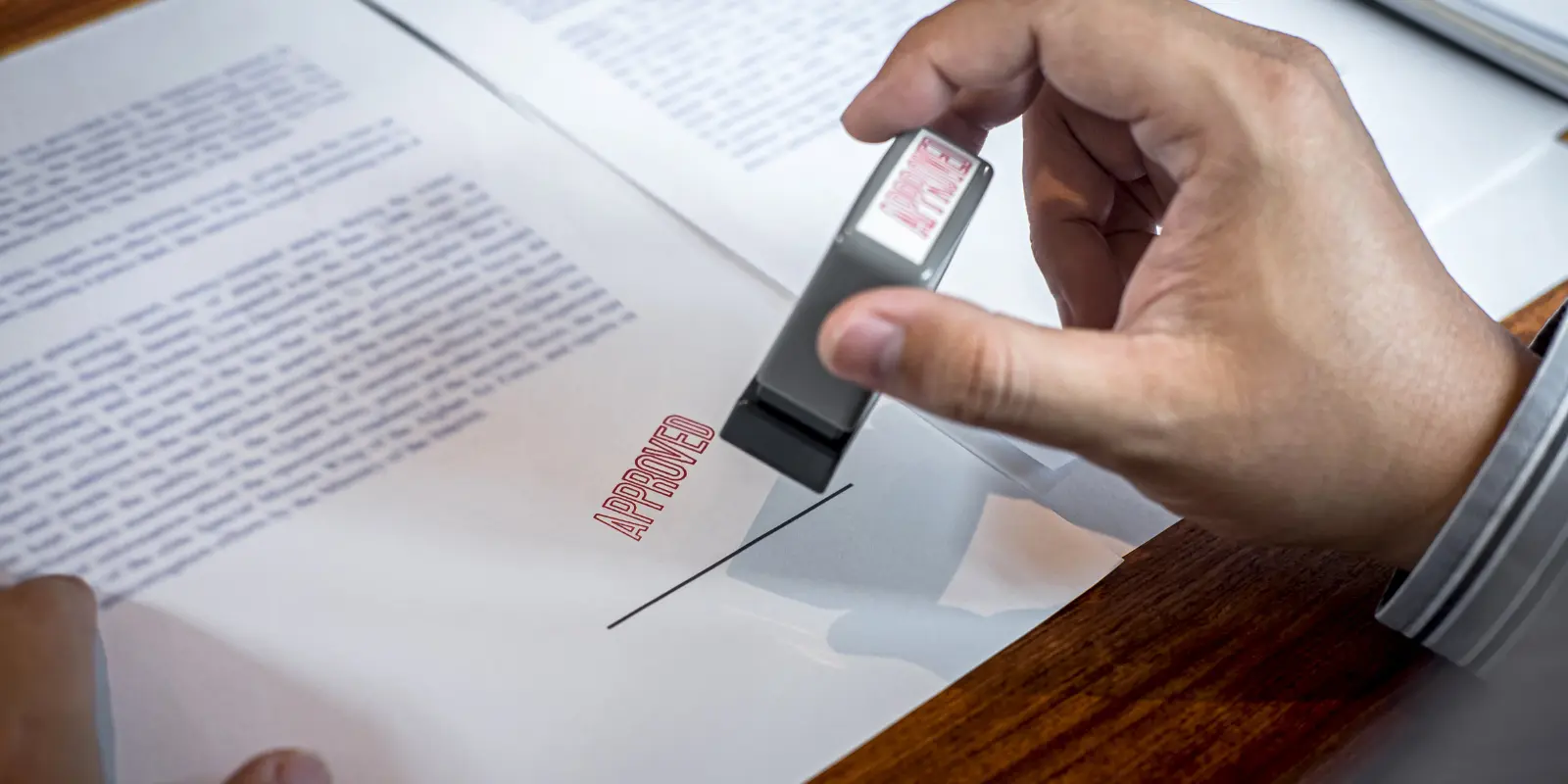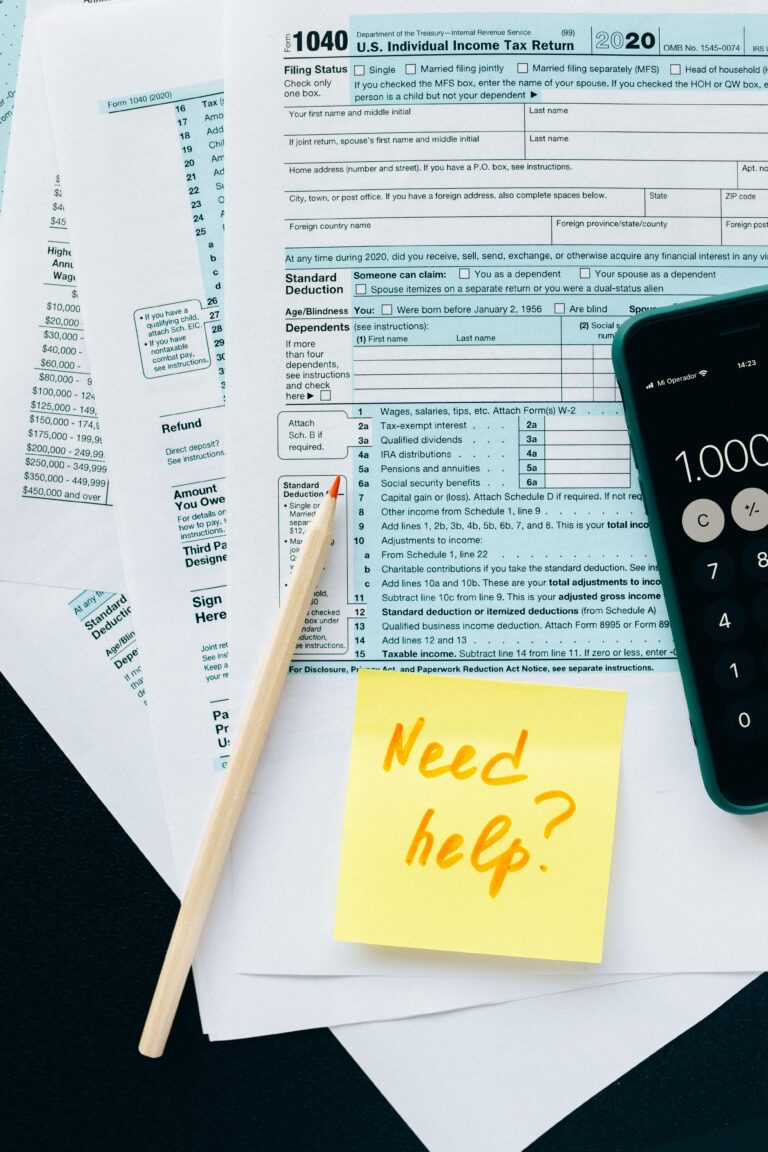For businesses operating in the health, wellness, food, and beauty sectors, market entry into Thailand involves a critical regulatory hurdle that stands apart from standard company registration: obtaining approval from the Thai Food and Drug Administration (FDA). The Food and Drug Administration Thailand is the nation’s primary gatekeeper for consumer protection, tasked with the vital mission of ensuring the safety, quality, and efficacy of products that directly impact public health.
Successfully navigating this process is non-negotiable for legal market access. This guide will provide a foundational overview of the pathway to securing a Thailand FDA license, highlighting the key principles and considerations for manufacturers and importers.
Understanding the Scope of the Thai FDA
The first step in the journey is to understand which products fall under the FDA’s jurisdiction. The main categories include:
- Food and beverages
- Medical Devices
- Cosmetics
- Pharmaceuticals (Drugs)
- Hazardous Substances used in household or public health applications
It is essential to recognize that there is no one-size-fits-all approach. The Thai FDA product registration process, required documentation, level of scrutiny, and timelines differ significantly across these categories.
The General Pathway to FDA Approval
While specifics vary, the overarching framework for gaining approval follows a logical progression.
Step 1: Licensing the Business First Before any product can be registered, the business entity itself must be licensed by the FDA. A local manufacturer must obtain a manufacturing license, while an importer must secure an importer license in Thailand. This foundational step ensures that the company handling the products meets the FDA’s standards for facilities and operations.
Step 2: Correct Product Classification This is one of the most critical and challenging steps. Your product must be correctly classified according to FDA definitions, as this determines the entire regulatory pathway, including the required documents and application type. Is a health supplement a “food” or a “drug”? Is an anti-aging device a “cosmetic” or a “medical device”? An incorrect product classification can lead to significant delays and application rejection.
Step 3: Dossier Preparation and Submission The core of any application is the “Dossier”—a comprehensive file containing all the administrative and technical information about your product. While the exact contents vary, a dossier submission typically includes:
- For Imports: A Certificate of Free Sale (CFS) from the country of origin, proving the product is legally sold there.
- Detailed product information, including a full list of ingredients or formulation.
- Details of the manufacturing process and quality control standards.
- Product samples and a final Thai-language label that complies with all FDA labeling regulations.
Step 4: FDA Review and Approval Once the dossier is submitted through the official channels (often via the e-submission Thai FDA system), officials will conduct a thorough review. They will assess the product’s safety, quality, and compliance with all relevant regulations. If the information is complete and satisfactory, the FDA will issue a registration number or license, officially permitting the product to be sold in Thailand.
A Glimpse into Key Product Categories
- Food Products: The system is multi-tiered. Low-risk items may only require a simple notification. However, high-risk or specially controlled food products (e.g., dietary supplements, infant formula) demand a full and stringent registration process.
- Cosmetics: For most products, cosmetic registration in Thailand is a streamlined, notification-based system, making it one of the faster pathways to market.
- Medical Devices: The medical device registration in Thailand framework is risk-based, with products categorized from Class 1 (lowest risk) to Class 4 (highest risk). The documentation and scrutiny increase significantly with each class.
- Pharmaceuticals: As expected, drug registration is the most rigorous and lengthy process, requiring extensive clinical data, stability studies, and comprehensive documentation to prove safety and efficacy.
Conclusion: The Importance of Expert Guidance
Obtaining a Thailand FDA license is a meticulous and highly specialized undertaking. It demands a deep understanding of regulatory compliance, an eye for detail, and the ability to navigate a complex bureaucratic framework. An error in classification, an incomplete document, or a non-compliant label can set your market entry back by months.
To ensure your journey to the Thai market is efficient, compliant, and successful, partnering with a regulatory expert is not a luxury—it is a strategic necessity.
Let Act and Align Advisor be your trusted regulatory partner. Our team possesses the specialized expertise to guide your business through every step of the complex Thai FDA approval process, from initial licensing to final product registration. Contact us today to ensure your products reach the market smoothly and in full compliance with Thai law.







